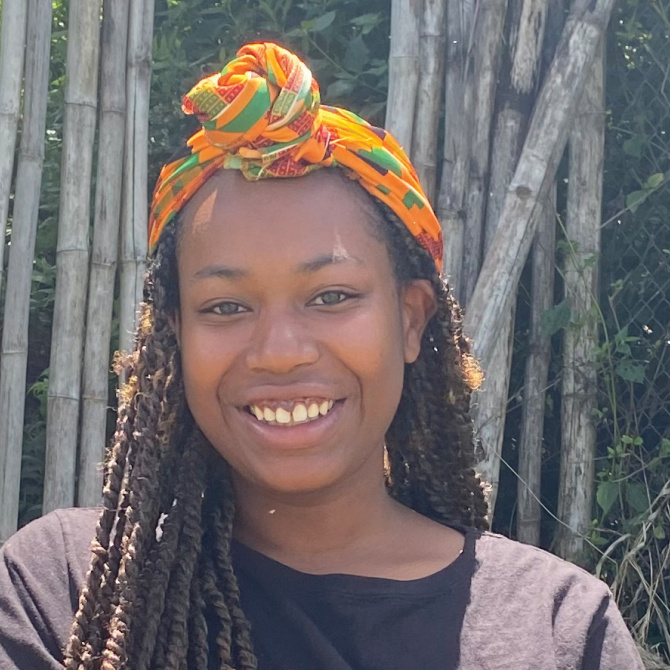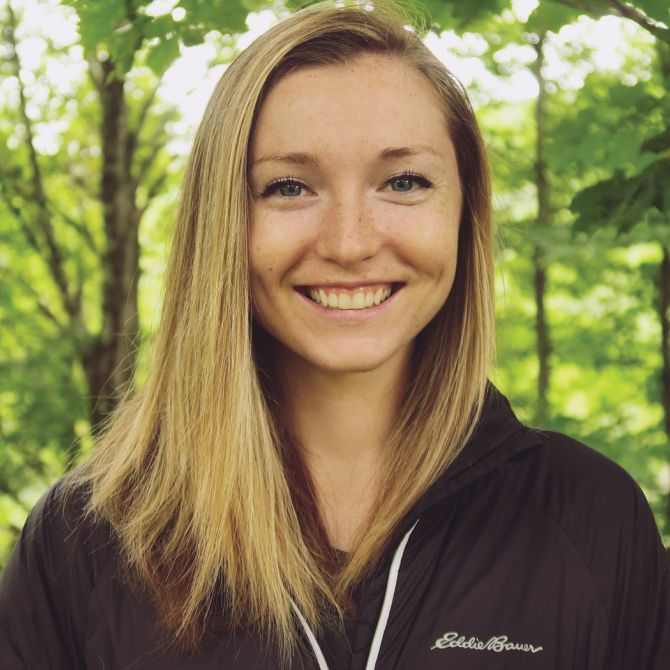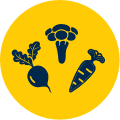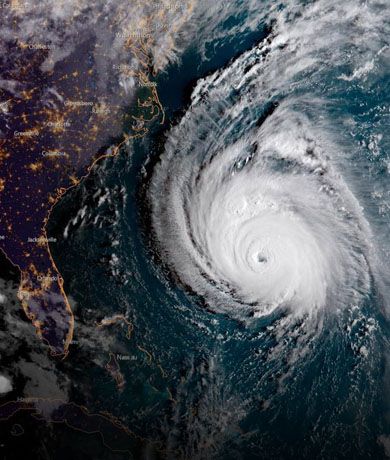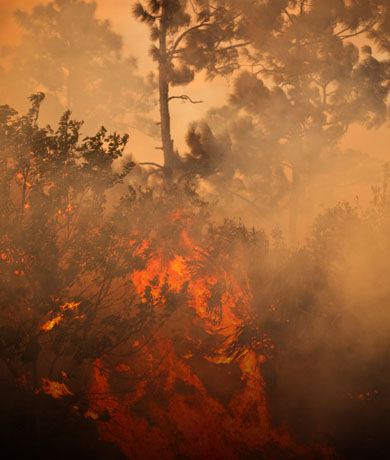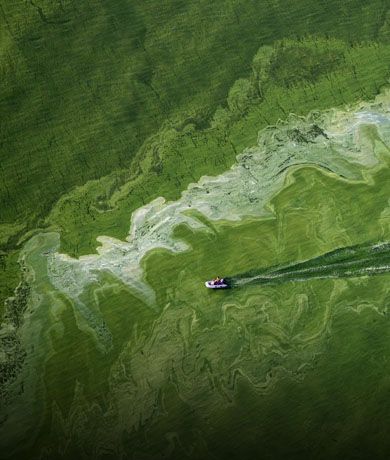Meet the future
The world needs bold leaders ready to tackle urgent environmental challenges. At SEAS, we say “bring it on.” We’re the architects of a new tomorrow: transforming research into action to create a healthier planet for all.
Why SEAS?

Shalanda Baker named U-M's vice provost for sustainability and climate action
Shalanda H. Baker, a policymaker and academic with expertise in energy justice, environmental policy and climate change mitigation, will serve as U-M’s first vice provost for sustainability and climate action. She will assume a five-year appointment Sept. 1. She also is expected to be recommended for appointment as a professor in SEAS, with tenure, at the July board meeting.
Academic Rigor—Real-World Impact

Research News
The latest in research from SEAS faculty and students

Impact Stories
Master's projects produce real-world throughout the region—and the globe.
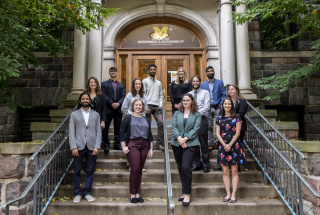
Community Highlights
Our SEAS community is recognized through notable awards and honors across all disciplines.

In the Media
Our experts in the field weigh in on issues across a wide spectrum of media outlets.
Themes
Sustainability Themes cut across all specializations—and give students, faculty, and partners a chance to dig deeper into a particular area of impact and interest. Themes are also used as rallying points for cross-campus research, teaching and civic engagement collaborations.
Game changers in action

Madeline Walker Miller, PhD student, CEO of NexTiles LLC
“I started my business because most people understand the negative impacts that plastic has on the environment, but a lot of people don’t realize what fabric waste is doing to our air, water, and soil resources.”
Read more about Madeline Walker Miller

Kiley Adams, dual-degree student, SEAS and Michigan Medicine
“I immediately realized that the trip was totally inaccessible to current and future classmates with mobility impairments, and I thought that having a mobility device that folks who have an impairment could use that makes being on trails accessible is a pretty easy fix.”
Read more about Kiley Adams

Mike Kaminski senior data solutions, First Street Foundation
“For people to care about something, you need to show them how it affects them personally—and nothing gets more personal than people’s homes, which is often their biggest financial asset.”
Read more about Mike Kaminski
Upcoming Seas Events
SEAS New Student Orientation 2024
9:00 amWelcome to the School for Environment and Sustainability! We are so...
Wallenberg Medal and Lecture ceremony
4:30 pmNnimmo Bassey, executive director of the Health of Mother Earth...
2024 Michigan Climate Summit
8:00 amThis year’s theme is Climate Civics, and programming will explore the...


